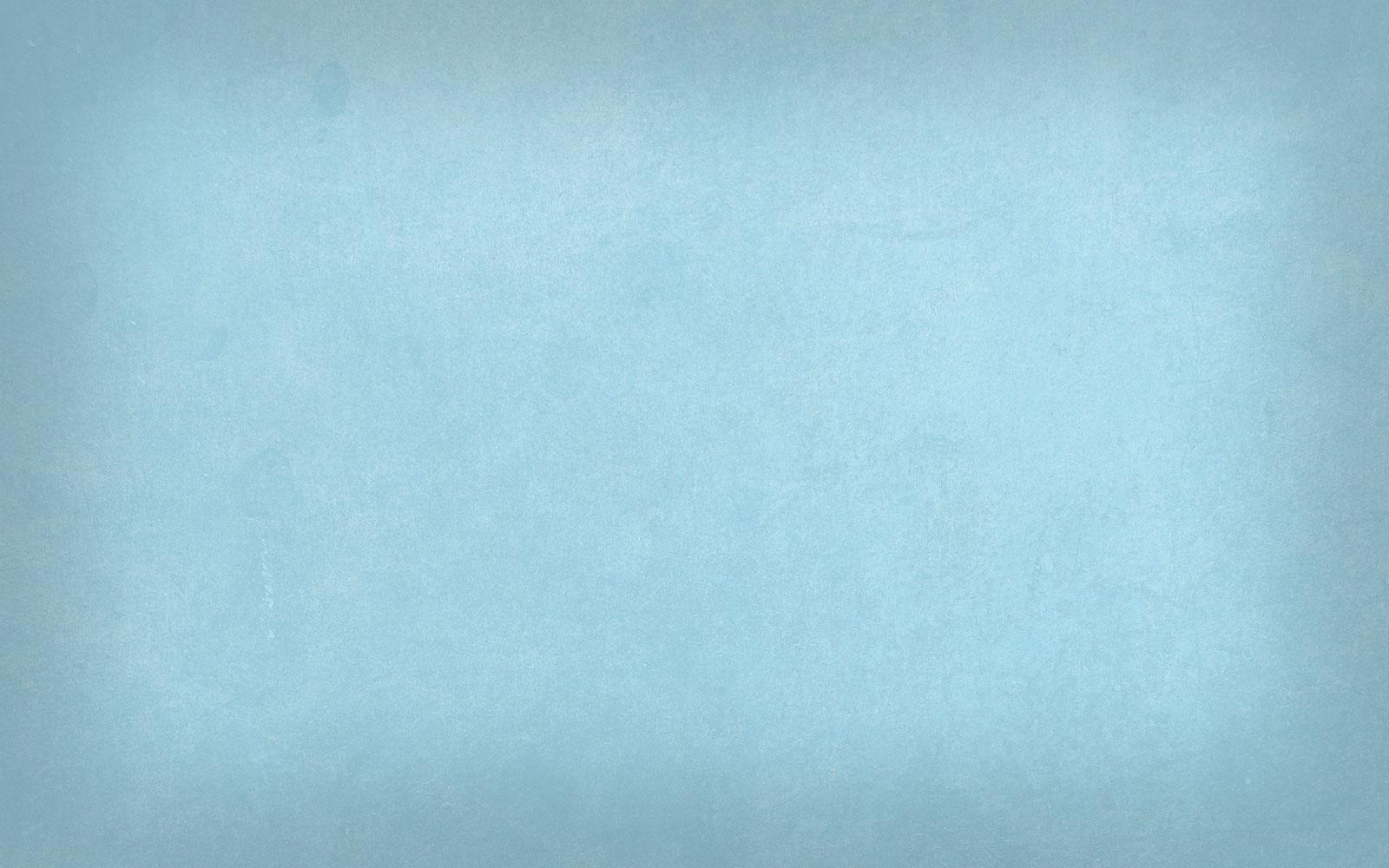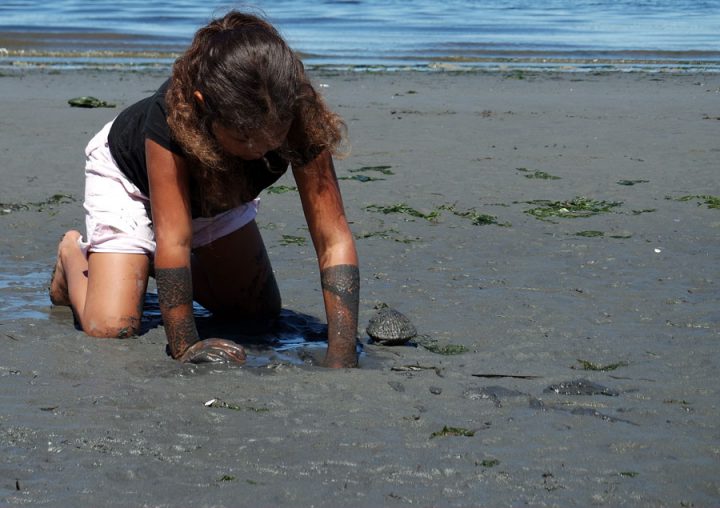
GEMS-Net Newsletter
Fall 2022
Welcome Back!
We hope everyone had an enjoyable summer and that the school year is off to a great start! The GEMS-Net team has been excited to work with many of you already this year during our professional learning sessions for each of the Earth science courses. Check out some photos from our workshops below!
We’re also looking forward to hearing more about how your students are investigating the world around them this fall. Please share these experiences with us on social media (Twitter, Instagram, Facebook). We can’t wait to see all the engaging work going on in your science classrooms.
As always, please reach out with any questions, concerns, or feedback (gemsnet@etal.uri.edu).
In partnership!
The GEMS-Net Team
4th grade teachers use stream tables to investigate the effect erosion and deposition have on shaping the land
GEMS-Net Teacher Leader shares experiences and expertise of teaching the course with workshop participants
6th grade teachers develop a convection chamber model to explore how air moves through Earth's atmosphere
Year in Review (SY 2021-2022)
Guiding Education in Math and Science Network, GEMS-Net, works with over 800 teachers across 59 schools in 13 districts throughout RI with a reach of improving STEM education for 19,739 RI students in grades PreK-8. During the 2021-2022 school year, we facilitated over 70 days of in-person curriculum-based workshops with a total of 1,050 participants. We provided over 197 hours of classroom coaching and collaborated with 18 URI scientists and engineers. We brought together 65 K-12 administrators, non-formal educators, teacher leaders, and researchers for 36 hours of leadership support and strategic planning meetings.
Practitioner Updates
Summer Institute 2022
Today's meeting validated the ideals/values that my colleagues and I share with regard to our teaching and learning of science across the curriculum and school day.
(Teacher)
This summer the GEMS-Net team hosted a day of reflection and discussions around STEM education during our annual Summer Institute. The goal of this event was to bring together a variety of stakeholders (teachers, administrators, central office personnel, scientists, and community partners) within our partnership to have conversations around the future of the GEMS-Net project. It provided us an opportunity to gain valuable insights from our partners as we work together to build a vision for future programming, reimagine what STEM education looks like in our classrooms, and set our priorities ahead of the High-Quality Curriculum Materials review process for science!
The conversations and ideas shared at the Summer Institute are just the start of this vision-building process. The GEMS-Net team has plans to reach out to additional members of our community who were not in attendance, with the goal of identifying the priorities for STEM education that exist across the partnership. Be on the lookout for a survey from the GEMS-Net team soon so that you can share your ideas about what aspects of STEM education you value and would like to see included in future programming.
Here are some of the insights shared by participants after attending the Summer Institute:
The power of a community of practice.
(School Principal)
All stakeholders need to come together to reduce barriers for all students to have access to meaningful, hands-on science curriculum.
(Music Teacher)
This is going to be a thoughtful process with all stakeholders considered.
(Curriculum Coordinator)
The excitement today despite difficult conversations was palpable.
(URI Researcher)
Thank you again for wonderful, thought-provoking, and important conversations to help ensure continued high quality and engaging science instruction.
(Teacher)
Discussing our STEM Education "gotta haves" for all students
Developing concepts maps to showcase our values as a partnership
Identifying the patterns of STEM Education priorities shared across stakeholder groups
New & Revised GEMS-Net Resources
This summer the GEMS-Net team developed several new resources to help support teachers. All of these can be found on the GEMS-Net website and in your grade-level Google Classroom. If you have any trouble locating a resource, please reach out to the team (gemsnet@etal.uri.edu) and we’ll make sure to get it to you. Read through the descriptions below to find out how these resources might support your science teaching!
For each FOSS course, the GEMS-Net team has developed a Streamlined Implementation Guide. This resource provides guidance for pacing the courses, highlights the most important core ideas, science practices, and cross cutting concepts for each investigation, and identifies helpful resources. The document will also provide you with direct access to the “Strategic Research Resources'' and “Constructed Response Tasks” mentioned below.
In an effort to support students engaging in the Strategic Research Process, the GEMS-Net team has also developed Strategic Research Resources for each course. These documents provide a “purpose” for researching and encourage students to analyze a variety of complex texts (articles, videos, and multimedia) as they develop conceptual understanding of the science concepts they are investigating in class.
For grades 3-8, we have revised the Constructed Response Tasks that were developed several years ago. These new resources present students with a real-world scenario that they must figure out using evidence from multiple sources to support their thinking. The tasks were also developed to support students with the skills required to navigate Next Generation Science Assessment (NGSA) and Rhode Island Common Assessment System (RICAS) English Language Arts (ELA) style questions including analyzing a variety of texts (i.e print, multimedia, student collected data), arguing a claim supported with evidence, constructing explanations, and developing models. Click on the following link to view these revised resources: Constructed Response Tasks (Grades 3-8).
FOSS has transitioned to a new on-line platform called ThinkLink which now houses all of your digital curriculum resources. This means that your previous FOSSweb account is no longer active. To help support teachers with this transition the GEMS-Net team has created a ThinkLink Support Resources slide deck. Check out this resource for an overview of how to navigate the new online platform.
*NOTE: If you have questions about logging into the site (through Clever or Google) and rostering classes, you will need to reach out directly to your district’s technology department.
Community of Practice
Kindergarten students design wind socks to investigate the wind in their schoolyard
5th graders explore a local stream as they learn about ecosystems during their Living Systems course
Students discuss what they notice and wonder about their outdoor space in a scientists circle
How can we localize learning for our students?
This school year the GEMS-Net team has a goal to focus on localizing learning for our students. We want to support teachers in bringing their students outdoors so that the science learning happening in the classroom can be connected to the students’ schoolyards and communities. These opportunities will value students’ own experiences and provide meaningful connections to their lives.
As you look for more opportunities to bring science learning outdoors, don’t forget to connect with our community partners in RIEEA (Rhode Island Environmental Education Association). These organizations are such a valuable resource for enhancing place-based learning within our communities and engaging students in environmental literacy. Below we have included several resources and strategies to support localizing learning. We hope you find these helpful!
STEM Teaching Tools: Getting Their Hands Dirty
Check out the STEM Teaching Tool, Practice Brief # 20, as a resource for getting students outdoors and exploring the natural world around them.
Teacher Tips and Tricks
Are you excited about implementing place-based learning?
Are you still unsure about how localizing learning might look for your students?
No matter how you're feeling right now, we're here to provide some support. The fall is a great time to take students outdoors to explore the natural world! Listed below are a few strategies you can try to get started!
A helpful way to introduce your class to learning outdoors is to have students complete a Senses Check. While sitting quietly in the schoolyard, have students focus on engaging their senses for a few minutes. As a class, discuss what students noticed in their schoolyard. Also, encourage students to ask questions about the outdoor space. Be sure to chart their responses. You’ll want to revisit these observations and wonderings as students develop more scientific understanding throughout the year. If you click on the image of Elinor Wonders Why in the top right-hand corner of this section, you’ll get a PDF version of a poster from PBS LearningMedia. This resource might be a helpful reference for early childhood students who are learning how to use their senses to explore the natural world. We also have some Outdoor Sentence Frames which you can use to support discourse after students engage in a Senses Check activity.
Another great strategy for kicking off your outdoor learning is to have students Map the Schoolyard. As a class, younger students can identify the different parts of the school’s outdoor space (trees, air, rocks, soil, water, sun, etc.) and develop a map in their science notebook depicting the location of these components. Additionally, older students might start thinking about and discussing how these parts interact with each other in the schoolyard as a system. As the class learns more about the components and interactions that are happening in their outdoor space, have students revise their schoolyard map to show new thinking!
Once your class has been initially introduced to your school’s outdoor space, you can turn your attention to teaching some science lessons outside. Every FOSS course offers several opportunities for “Taking FOSS Outdoors.” These lessons are a great place to start when you are thinking about how to localize learning for your students. By taking classes outdoors, we are providing students with opportunities to transfer the science knowledge they have developed in the classroom to novel situations in the real and natural world. So as you plan for science instruction, look in the Investigation Guide for any steps labeled in green. These are indicators that science learning should be taken outdoors! If you are still looking for more support on how to structure an outdoor science lesson, be sure to view the video below created by the GEMS-Net team.
Indigenous Women's Knowledge Event (10/26/22)
On Wednesday, October 26th, the University of Rhode Island’s Department of Gender and Women’s Studies is co-sponsoring an event entitled Indigenous Women’s Knowledge: Prairies, Power, and Plants.
Join Rosalyn LaPier from the University of Illinois, Urbana-Champaign, to explore the world of Amskapi Piikani or Blackfoot women from the 19th century to the present on the prairies of North America. Dr. LaPier will examine the essential role plants and women harvesting plants played in the livelihood and ecological understanding of Indigenous peoples on the northern Great Plains.
Dr. LaPier’s work focuses on revitalizing Indigenous and traditional ecological knowledge (TEK), addressing environmental and climate justice, and strengthening public policy for Indigenous languages. For event details, registration information, and to learn more about Dr. LaPier’s work click on the following link: https://web.uri.edu/humanities/land-as-text/
Research Updates
The research team here at GEMS-Net has been developing our research agenda to align with priorities set by stakeholders during our strategic planning work over the past year. We have identified three priority areas for research:
Localizing our curriculum
Global Competence and Climate Change
Connecting students to STEM careers and pathways
We have partnered with several collaborators on grant proposals in these priority areas including the RI Department of Education, The RI Food Policy Council, RI PBS, a group of URI data scientists, the URI School of Education’s department for Global Education and Partnerships, and the URI College of Engineering’s Water for the World Lab.
We are excited about these opportunities and will keep you apprised of the status of each project as we progress!










